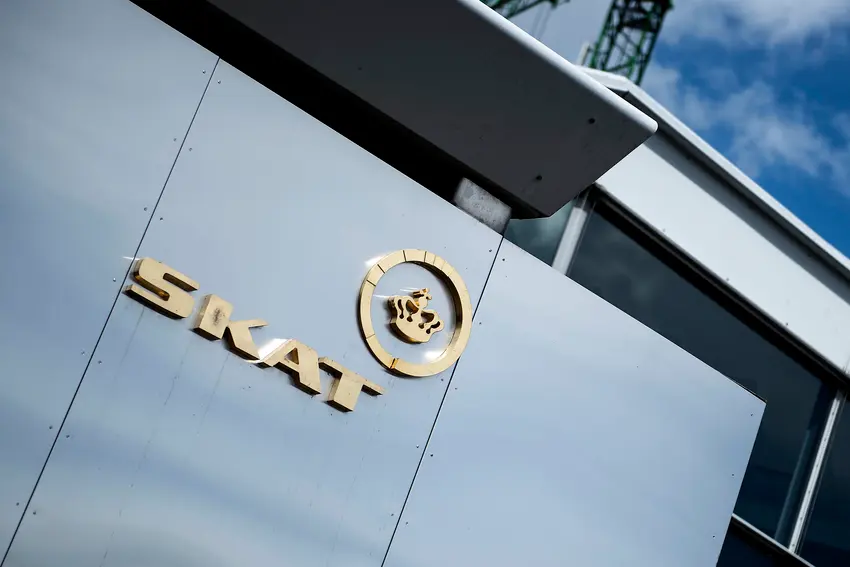The level of income tax in Denmark — with a marginal tax rate of 56 percent — is hardly calculated to attract highly paid international executives, which is why they can get an exemption from it for their first seven years. Is it worth it?
What is the background to the 27 percent flat tax?
The exemption was brought in back in 1992 by the Thatcherite government of Poul Schlüter.
“The reason behind the scheme is simply to to get more qualified employees to Denmark,” Rasmus Kjærgard Nilsson, Tax Director at PwC in Copenhagen, told The Local. “So it’s a matter of getting the specialised workers and engineers and CEOs and whatever. But definitely, it does create an advantage for for individuals coming to Denmark, compared to individuals already living here.”
Called the “Tax Scheme for Researchers” or Forskerskatteordningen, the scheme is ostensibly aimed at attracting PhD students and researchers, but is also open to so-called “high earners”, making it more or less a no-brainer for any highly paid foreign executive coming to Denmark to work.
The scheme has been facing growing criticism, with the Socialist Left Party last year calling for Danish citizens to be banned from using the scheme, while criticising the ever growing use of it by high-earners in Denmark.
“It makes sense to have a researcher tax scheme for those who are really researchers and have highly specialized knowledge. But when you look at the numbers, the majority of those who use the scheme are people who earn over 70,000 kroner per month,” complained Sigurd Agersnap, the party’s tax spokesperson. “There are examples of Superliga players or sportsmen returning home, and people in top jobs or middle management positions. I don’t think it is targeted enough.”
How high is the 27 percent expat tax really?
While the scheme reduces tax on all income to 27 percent, it does not cover labour market contributions or arbejdmarkedsbidrag, which takes the effective rate up to 32.84 percent.
People who pay tax under the Tax Scheme for Researchers are also not eligible for any subsidies that can apply for regular taxpayers, for example deductions for commuting or pensions contributions.
The flat tax scheme applies to money paid by your employer, as well as to benefits such as your relocation allowance, bonuses, school fees, company car and work phone. Some other things, such as free housing, and the employee’s own private income from abroad, are taxed according to Denmark’s normal tax rate.



